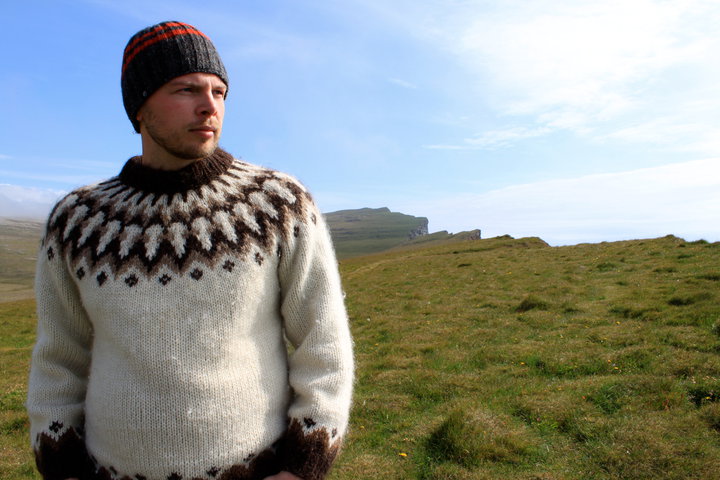The 2008 recession hit Iceland very hard. Entrepreneur Haukur Gudjonsson lost his business. But his loss led him to create Bungalo, a rental company that’s expanding into Canadian cottage country.
Gudjonsson established Bungalo in 2010 to link cottage owners and vacationers. He said it is now the largest supplier of cottages for rent in Iceland.
He is excited about the Canadian cottage market, which he estimates to be about 100 times larger than that of Iceland, a country of just 320,000 people.
Bungalo is headquartered in both Reykjavik and Halifax. The company has had an office at Volta, Halifax’s startup house, since last year and now employs four people here.
Gudjonsson, the company’s CEO, set up in Canada after coming to Halifax in 2013 to act as a mentor to fledgling entrepreneurs.
“We were considering opening in other Nordic countries, but the size and vibrancy of Canadian cottage culture was attractive,” he said.
“One of every 29 Canadians owns a cottage, but less than one per cent of Canadian cottages are visible and bookable online.”
Building Bungalo in Halifax is going well.
The company has benefited from programs such as Propel ICT, the regional accelerator.
Expansion is ongoing in the Atlantic provinces and Ontario, and the company has recently signed its first B.C. cottages.
But reaching this point has not been easy.
The 2008 recession wiped out Gudjonsson’s business, a housing service for students. (He had earlier built and sold a company that serviced water coolers.)
The recession took a toll on many Icelanders.
“Iceland was one of the most prosperous countries in the world. There was one per cent unemployment. Then, in a matter of months, unemployment rose to almost 10 per cent.
“A lot of people lost their motivation, their positivity.”
It was when Gudjonsson encountered difficulties trying to rent a cottage to relax during the recession that the idea for Bungalo was born.
He had returned to Reykjavik University to complete his business degree and needed downtime.
“I was stressed and wanted a cottage, but couldn’t find one. I thought, ‘There has to be a better way.’”
He got working on Bungalo while finishing his studies and paying off his debts. It took him three years to “get back to zero.”
Without money, he had to be creative about making Bungalo work.
“I needed a programmer to build the website, but couldn’t afford one. So I taught myself to program from books and built the first iteration of the website.
“My prototype was horrible. But I did manage to create a database of cottages for people to view. It was enough to start a conversation.”
Without a budget for marketing, he became active on Facebook, gaining 50,000 likes.
And he made sure to be visible at public events.
Gudjonsson said he is not worried about the growth of his better-known competitor Airbnb, believing that the Bungalo focus on rural locations differentiates his company.
“Plus, the vacation rental market is so huge and growing so fast there is room for different players.”
He hopes Canadian provinces will not, as some have proposed, ban or limit the use of sites like Bungalo and Airbnb, which are attracting the ire of some traditional hotel operators.
“We believe we help create more revenue for rural areas,” he said. “And we give international travellers unique experiences.”
He has learned from his earlier business loss.
“I grew a lot as an individual, but it’s not something I’d wish on anyone,” he said.
Bungalo has received $150,000 in investment from BDC Capital and is raising more funds to expand across Canada.
“We need to grow faster. If you don’t need to do things in a hurry, you’re not doing it right,” he said.
“We aim to be in a third country at the end of this year or the start of next.”










